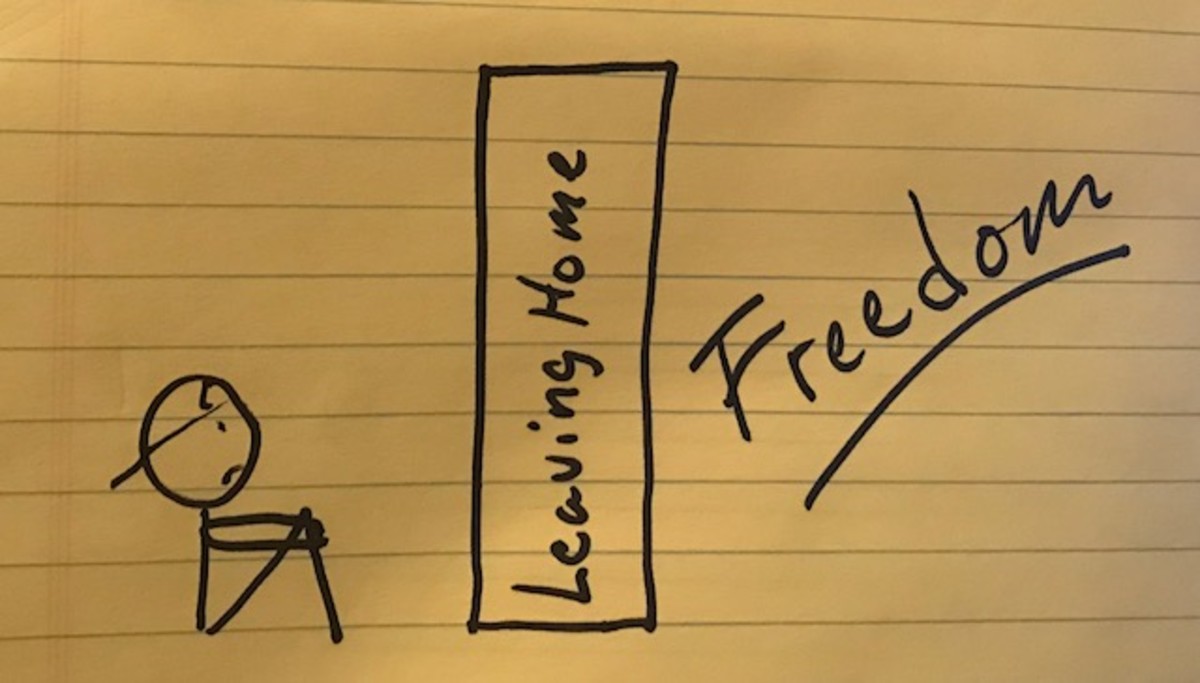Teen Talk: Cyber Teens...
Teen Talk - Live
Chris is taking “Teen Talk” on the road. If you are a member of a parent group or responsible for finding engaging speakers for student or youth groups, please contact Chris at www.chrislincoln-speaker.com

Cyber Teens
The idea of teenagers appears to have been invented in the USA in the fifties. Before that time you were either a child or an adult. The demarcation was fairly abrupt and was ushered in by the requirement of work. It was expected that you “put away childish things,” and dressed, acted, and behaved as an adult. Outside the industrial world, this is often still true. The demarcation being marked by ceremony with the intent of announcing this change to those around you. Quite literally presenting you as ready to procreate and all that that entails. Responsibility is not given gradually, but in one fell swoop, and failure is not an option.
From James Dean and Marlon Brando onwards, a new paradigm was recognized. This new being, neither fully child nor adult, acquired multiple defining attributes, such as clothing, music and manner of speech. Adults were horrified, children intrigued but excluded. The specific age of teenagers is hard to pin down, but, in the beginning, probably started in high school and ended post college, and has expanded in both directions since.
Here in California the demarcation between child and teen has become close to impossible to assign an age to, with a new category, tween slipped in for the sake of a loose definition. This raises many issues in families, with the tween pushing the age limit ever further down, and parents concerned about ‘growing up too early’.
In an affluent society these tweens and teens are a much-coveted group as they have disposable income that they are very keen on disposing. Advertisers work hard to get a piece of their limited attention span and in turn have prepackaged the expectations of the generation.
A good illustration is the debate in many homes as to what age your child-tween-teen should have a cell phone, or a computer, or join Facebook (18, really?)
It truly is a loaded question. The asker feels they have right to be connected to their friends, the askee frets over Internet safety and privacy. I’ve heard parents say, “What on earth does he/she (normally she) need a phone for? What on earth do they have to talk about?”
Not the point…
It has become the latest rite of passage, and way more complex than; what time to go to bed, or what TV programs you can watch. Parenting has been ramped up a notch, and the shoreline of childhood is fast eroding.
The child has a point. They have been bombarded from without by targeted advertising and from within by their friends. This double-teamed impact on the impressionable, at an age where traditionally adults have done everything they can to remove worry and responsibility, is horrendous.
The parents have a point. Children do not generally value expensive equipment, seeing them as an extension of (cool) toys, and they are guileless to the extreme. The idea of protecting their identity or privacy is alien to their childlike view of the world, and thus they put themselves at great risk.
And as the adult, do you really want to have the conversation about cyber stalking and perverted men who see innocence as sexual?
Thought not.
So, maybe that is the defining component of the new rite of passage; this transition from the innocence of childhood to the awareness of the underbelly of humanity. The cool phone, Glee, a laptop, Justin Bieber, and the Twilight saga, are all part of the siren song of grow up faster.
Who gains by shortening childhood? Certainly not the child. I don’t think many parents are in a hurry to contract childhood and expand the teen years, so that leaves the sellers of stuff. Your child as cannon fodder for the consumerist society, is an ugly thought.
The “cool” parents, ie hyper-permissive parents (should parents be in parentheses?) have always provided ammunition for other people’s children to launch at their parents. With cries of, “You just don’t get it!” several generations of teens have berated their un-hip, square, or fuddy-duddy, parents, bemoaning their great misfortune of being born onto their particular family.
The thing is, the battles were smaller somehow. Long hair, spiked hair, or no hair may be at odds with your taste, but hair grows…(Hair and bedtimes were my personal challenges), and staying out late, and dating have truly concerning components, but nothing has ever been as intrusive to family life as today’s technology.
It is hard to keep your child away from negative influences when they carry Pandora’s box in their pocket. “All” their friends are just a text away. With YouTube glorifying teen stupidity and Facebook and Skype keeping teens in touch twenty-four-seven, every thought and action has become shareable.
This should mean that teens should never feel alone or isolated, but in fact the opposite is reported.
Now, even Pandora was left with hope, and lest this all sound too depressing, it appears that, as always, parents have found good workable solutions.
One I endorse without hesitation is that whatever medium you child is allowed, you have to be there with them. You must be a Facebook friend, you must be able to enter whatever chatrooms or forums they are interested in. This access is a non-negotiable item if they want to use the net. Cyber parenting means you have their codes and passwords and check in regularly.
This is the price of cyber freedom. It is not about prying into their business, it is about being a parent, truly being a guardian.
If this ground rule is established with the child’s first access, it quickly becomes the child’s norm. It is harder to impose retroactively. Several teens have told me that they have absolutely no problem with this, they like that their friends know that their things are monitored, it reduces the extreme, odd, weird or nasty messages, they receive. Girls tend to be more comfortable than boys with this. Boys prefer same-gender monitoring, so dad needs to step up to the plate.
Another easy rule to implement is that your teen can use the computer without restriction, but is never allowed to delete the history. As the adult you quickly check the history once a week or so, and set it back to the default. Not prying, monitoring, and if you see sites that cause you concern, discuss, don’t accuse.
The paradigm has shifted for children and adult alike, and adaptation is the key…








